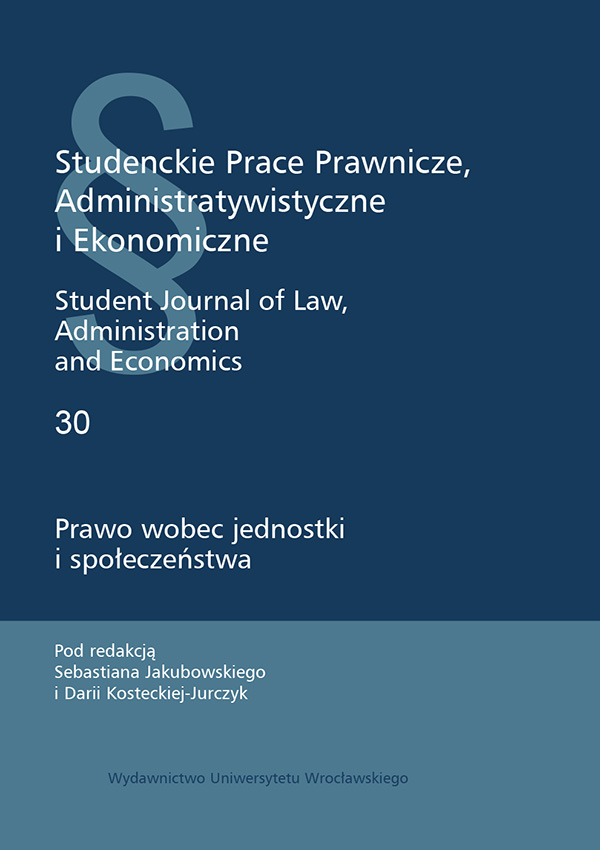Abstract
The aim of the research was to describe the current model of Hong Kong’s social policy and to indicate specific factors that shaped its development. These include the doctrine of Confucianism based on the assumption of perceiving relative poverty and the income gap of a part of society as a necessary evil resulting from a lack of motivation for work that ensures well-being. In this model there is no general “social money wastefulness” as in Europe, hence its criticism often comes from supporters of the “welfare state.” The results of the conducted research have been presented in two parts, namely: “Concepts and rules for the organization of social welfare in Hong Kong (Part 1)” and “Financial assistance from social welfare — social programs,” that is, health, housing, education and social security. It has been proven that the Hong Kong government is undertaking a series of activities that play an important role in promoting social development, and its involvement is determined by the complex interaction of political, social and economic forces. The presented research was based on the source materials of the Hong Kong government and in-depth individual interviews with its residents.
Keywords:
social policy, social welfare benefits, Hong Kong


